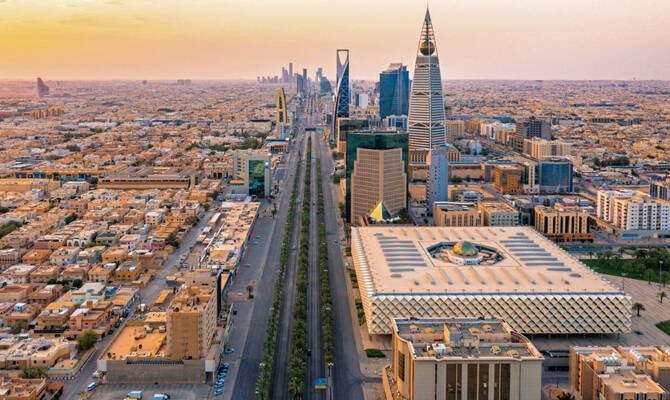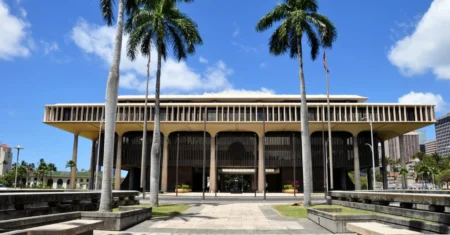Riyadh is quickly emerging as the top destination for tech startups looking to enter the Middle East and North Africa (MENA) market. Backed by Saudi Arabia’s Vision 2030, the city offers strong infrastructure, advanced technology, and a wide range of government incentives.
The Saudi information and communication technology sector is expected to grow from $54.90 billion in 2025 to $82.51 billion by 2030. This growth, projected at a rate of 8.49 percent annually, shows Riyadh’s rise as a major tech innovation hub.
At the core of this transformation is Vision 2030. This long-term strategy places technology at the center of the Kingdom’s economic plans. Mega projects like NEOM, a $500-billion smart city powered by artificial intelligence and green energy, and Riyadh Tech Valley, which focuses on AI, robotics, and the Internet of Things, reflect this vision.
The government supports startups through several key programs. Initiatives like the Saudi Unicorns Program and Tech Growth Financing help startups scale up quickly.
Experts point to three main reasons for Riyadh’s success. First is the city’s strong digital infrastructure. Government efforts have boosted internet speeds across the country. Around 14 percent of users enjoy speeds above 1 gigabit per second, compared to only 4 percent in the UK. This allows startups to build and grow their digital platforms faster.
Second is the focus on building local talent. Over 86 percent of Saudi universities now offer bachelor’s degrees in artificial intelligence. Another 56 percent have master’s programs, and 9 percent offer doctoral studies. This ensures that startups can hire tech-savvy graduates who are ready to work.
Third is a highly supportive business environment. There are many funding options, such as venture capital and private equity, and startup incubators like Garage 46 and Impact 43 offer vital support. The high adoption rate of new technologies, especially generative AI, also fuels the startup ecosystem. Surveys show that 76 percent of people in Saudi Arabia are aware of generative AI. About 20 percent use it daily, and another 32 percent weekly — much higher than in countries like the UK.
When compared to Dubai, Riyadh offers a faster path to market. Streamlined regulations and solid government backing help startups launch their products more quickly. Customer acquisition costs are also lower in Riyadh, thanks to high digital use and targeted marketing programs supported by the government.
Fintech startups especially benefit from government efforts to meet local demand. At the same time, e-commerce is growing fast due to high internet use and changing shopping habits.
Dubai, on the other hand, provides quick access to global markets. Its Dubai International Financial Centre offers a strong legal framework and government incentives. However, competition is higher, which can increase marketing costs. Dubai’s logistics and location make it ideal for large-scale e-commerce operations.
Legal experts also highlight Riyadh’s business-friendly laws. In the past, Saudi startups often kept their intellectual property offshore. Now, with stronger laws in place, more companies are confident in using local structures like the Simplified Closed Joint Stock Company.
Riyadh’s 2018 Bankruptcy Law helps struggling startups by focusing on debt restructuring instead of liquidation. This law allows founders to work with creditors before things get worse. It has already been used successfully in several high-profile cases and is gaining trust among investors.
Foreign founders looking to set up in Riyadh are advised to have clear legal documents. Mistakes in share structures, equity vesting, or convertible notes like SAFE and KISS agreements can cause serious issues. These agreements are useful for early funding but require careful tracking of terms like discount rates and valuation caps.
Riyadh is also home to nearly 600 regional headquarters of foreign companies. Since the launch of a government program in 2021 to attract global businesses, many have chosen the city for its tax breaks, easy setup, and excellent infrastructure.
With 100 percent foreign ownership allowed in many sectors and access to a large consumer base of 36 million people, Saudi Arabia is an ideal market for tech startups. The country also ranked 47th out of 132 in the 2024 Global Innovation Index.
Events like the LEAP Tech Conference and Riyadh Season bring investors from around the world. Success stories such as Tamara, the country’s first fintech unicorn, and Salla, a platform helping small businesses sell online, prove Riyadh’s potential as the best launchpad for tech startups in the region.







